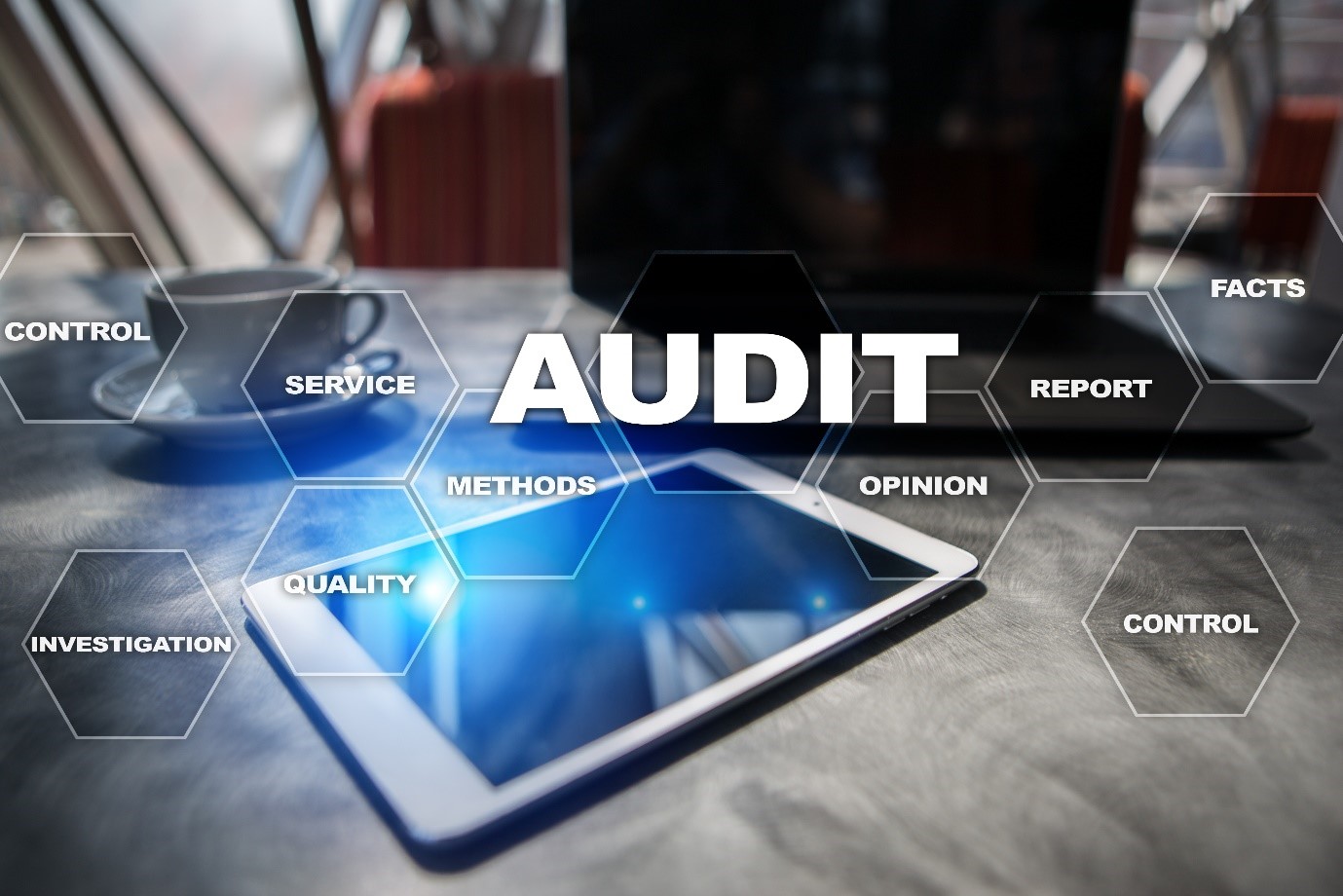This is our third and final blog about the results of audit monitoring inspections during the Pandemic.
In Part 2 last week, we looked at going concern (ISA 570), subsequent events (ISA 560) and the lack of financial statement disclosures regarding COVID.
In Part 1 two weeks ago, we looked at stock attendance (ISA 501), fraud (ISA 240) and accounting systems and controls (ISA 315).
Other matters that we have seen on cold file reviews and on recent audit monitoring visits include:
Walk-through testing
Walk through tests that appear on audit files often start from within the client’s accounting system which is the wrong place to start. For walk through tests to be fully effective, they need to commence outside the main system i.e., at the authorisation stage for purchases, at the customer order stage for sales, using clock cards, timesheets and/or employment contracts for wages etc.
Ethical Standards for Auditors
The new IAASA Ethical Standards for Auditors (Ireland) 2020 are effective from 15 July 2021.
Sometimes auditors do not appreciate the implications of certain ethical standards which require appropriate safeguards to mitigate the threats posed. The most common threats we see are Long Association with Audit Engagements (audit partner in place for 10+years) and Provision of Non-Audit Services (especially for the provision of accounting, tax and company secretarial services). Firms are reminded to review the Ethical Standards (Sections 3 and 5 respectively) to ensure they have dealt appropriately with the threats and identified/implemented relevant safeguards. Quite often the only practical safeguard for sole practitioners with a long association problem is to arrange for an annual hot issue or a hot file review (also known as an Engagement Quality Control Review (EQC Review) in year 11 onwards. The implementation of safeguards needs to be properly documented.
It may be possible to apply Provisions Available for Audits of Small Entities (Section 6 PAASE) to deal with threats arising from economic dependence or where tax or accounting services are provided to certain ‘small’ entities, as defined in Section 6. Where PAASE is applied, two matters arise:
- the auditors’ report must disclose this fact and
- either the financial statements notes or the auditors’ report must include the relevant disclosures specified in ES PAASE para 6.15(b).
Small Companies Exemption Incorrectly Claimed – Schedule 5 Companies Act 2014
A reminder that entities listed in Schedule 5, Companies Act 2014 are deemed ‘large’ and often include entities regulated by the Central Bank of Ireland (e.g., ‘insurance intermediaries’). Please note that such entities cannot:
- Use FRS 102 Section 1A (which is only for certain ‘small’ entities;
- Use the Provisions Available for Audits of Small Entities;
- Avail of small companies’ audit exemption; and
- File abridged financial statements with the CRO.
Such companies must also produce a Statement of Cash Flows and disclose the remuneration of their auditors in four stated categories (for the current/prior years) for:
- audit of the company/group;
- other assurance services;
- tax advisory services; and
- other non-audit services.
For bespoke training on any of the topics mentioned here, please see our website.






